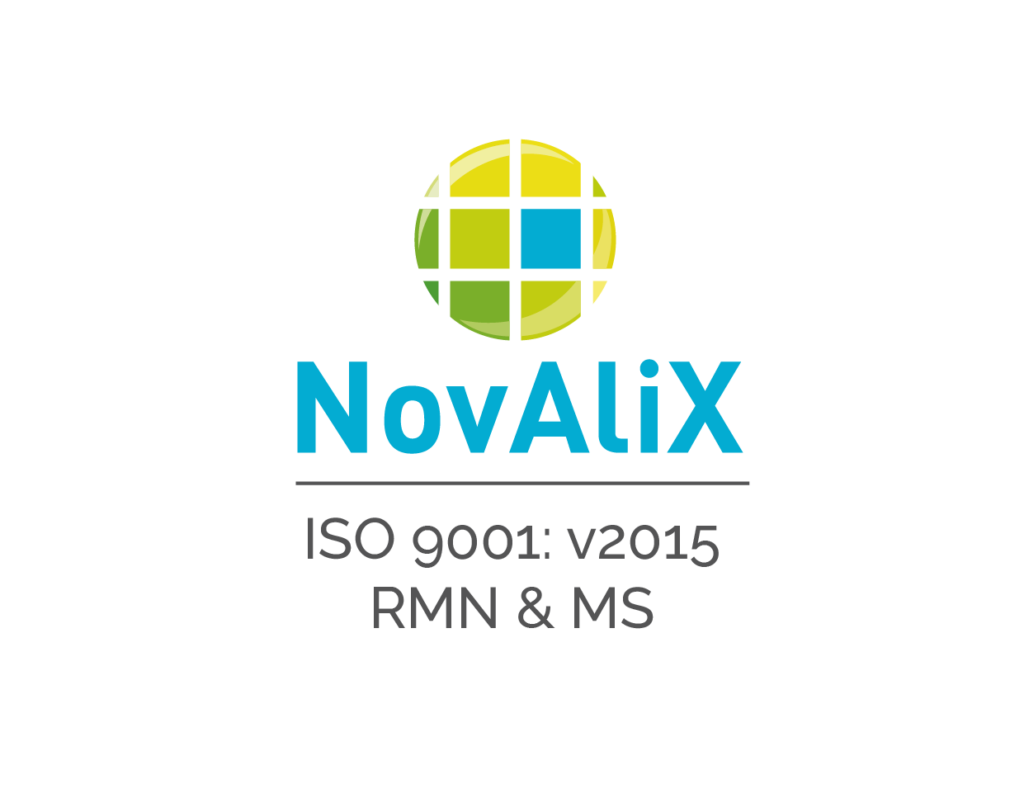Our biophysical technologies allow us to select the best technique for measuring binding properties and characterizing interactions between small molecules, nucleic acids, lipids, sugars, peptides and proteins.
We can obtain diverse data including: KD, stoichiometry, reversibility of binding, competitive binding, kon, koff and thermodynamic parameters.
- Mass Spectrometry: a versatile tool for drug discovery
We have extensive experience in the use of native mass spectrometry and hydrogen-deuterium exchange mass spectrometry (HDX-MS) for protein characterization and interaction studies. We have also put in place the Affinity Selection (AS)-MS binding assay technology for screening of large library of small molecules and hits identification.
Peptide mapping | covalent binding | Molecular weight | Affinity | Competition | ASMS Screening | Stoichiometry - Surface Plasmon Resonance (SPR): kinetic parameters
Our SPR experts can develop new methods for challenging targets or can efficiently transfer existing methods for routine analysis. Equilibrium constants, kinetics and screening are measured using a Biacore T200 or S200. We can support the screening of several thousands of compounds using our SPR Bruker 32 PRO system or Biacore 8K.
Affinity | Stoichiometry | Kinetics: kon, koff | Competition | Cooperativity | Reversibility | Fragment screening - Isothermal titration calorimetry (ITC): thermodynamic parameters
ITC is commonly used as a secondary or orthogonal technique to provide a real-time label-free direct measurement of binding in solution.
Affinity | Stoichiometry | ∆G, ∆H and ∆S | Kinetics | Cooperativity - NMR: gold standard for fragment identification
Fragment screening, protein characterization and binding experiments, as well as quality control, are performed using 400 MHz to 800 MHz state-of-the-art instruments, and can include cryoprobe technology.
1D/2D/3D NMR | qNMR | Interaction (Saturation transfer difference (STD), WaterLOGSY…) | HSQC mapping | Assignment | DOSYM - Micro scale thermophoresis (MST): determining the affinity of almost any kind of molecular interaction of small molecules, proteins, peptides, DNA, sugars, or molecular complexes. Our experts can study the interactions between molecules, such as proteins or RNA and small molecules. Our Monolith NT Automated system is linked to the Hamilton platform and allow the screening of several thousands of compounds.
KD affinity | Competition | Fragment
Dynamic light scattering (DSL), which is used to measure the critical aggregation concentration (CAC) of compounds or proteins, is highly recommended prior to any study.

NovAliX MS & NMR platforms are ISO certified – ISO9001: V2015



